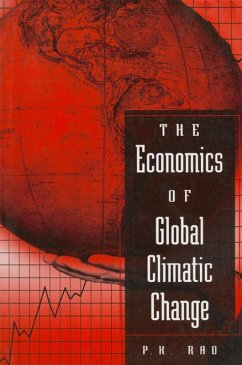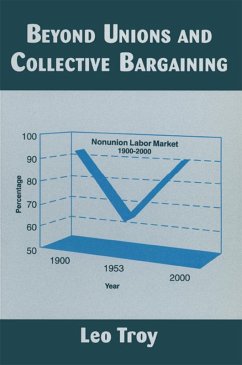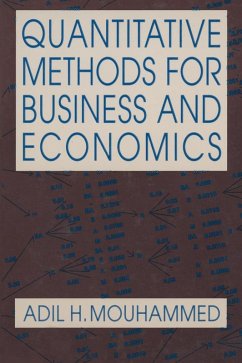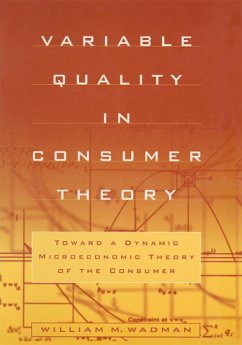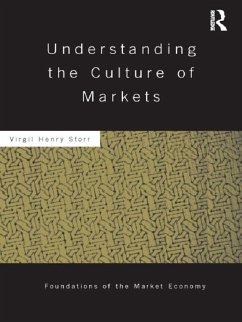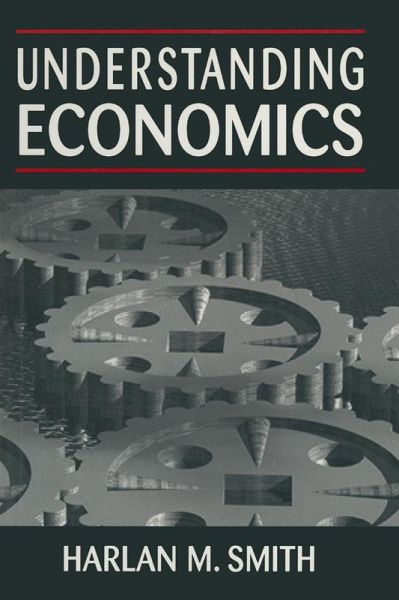
Understanding Economics (eBook, ePUB)
Versandkostenfrei!
Sofort per Download lieferbar
56,95 €
inkl. MwSt.
Weitere Ausgaben:

PAYBACK Punkte
28 °P sammeln!
This accessible workbook has been developed to provide readers with a solid grounding in economic principles. It offers a critical examination of 40 economic theorems and concepts - such as wealth distribution, supply and demand and finance - and the contexts in which they should be understood.
Dieser Download kann aus rechtlichen Gründen nur mit Rechnungsadresse in A, B, BG, CY, CZ, D, DK, EW, E, FIN, F, GR, HR, H, IRL, I, LT, L, LR, M, NL, PL, P, R, S, SLO, SK ausgeliefert werden.





